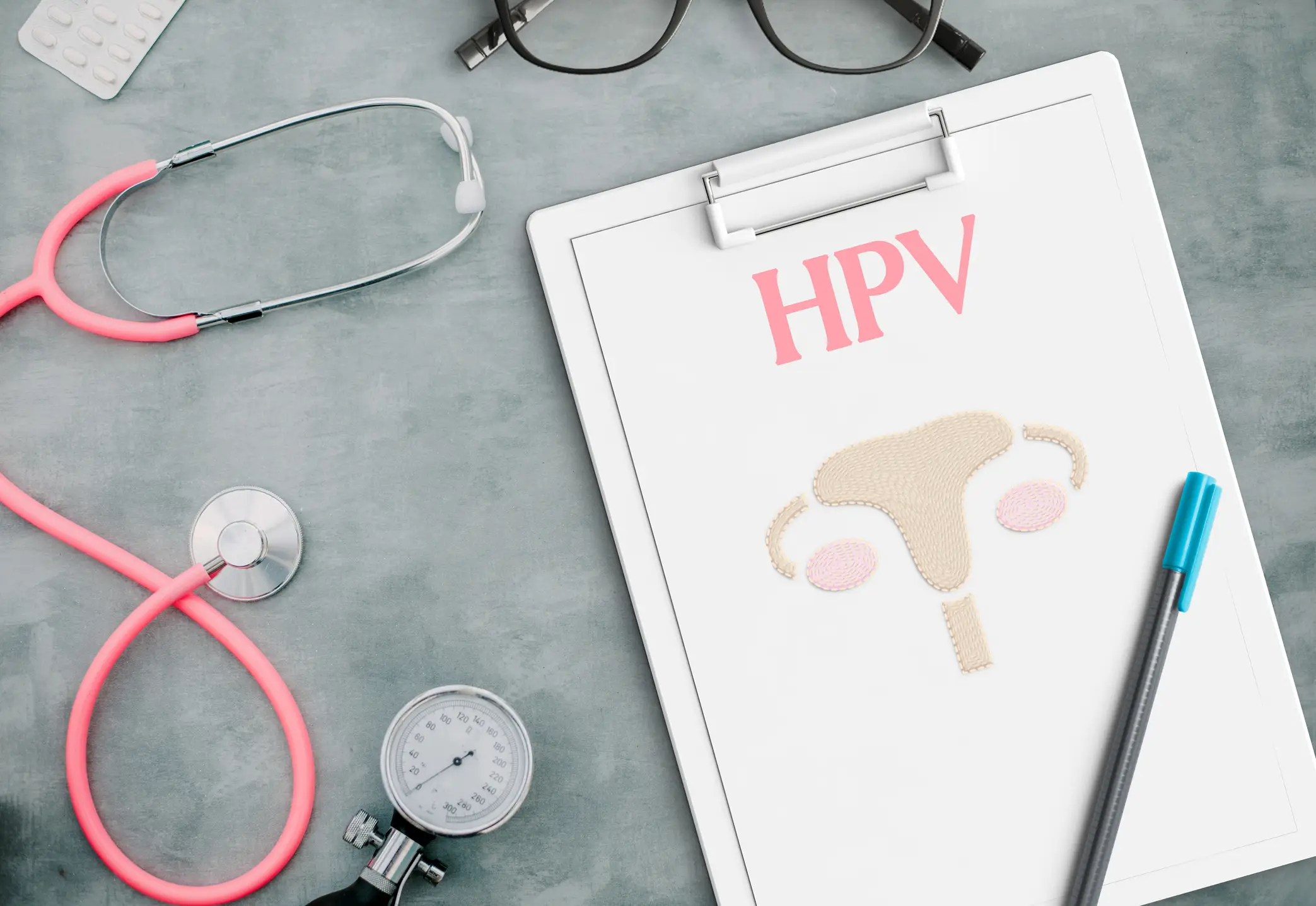Doctors have issued an urgent warning to anyone having unprotected sex over links to a 'silent killer'.
A University of Connecticut School of Medicine study found that there is 'clearly' an association between human papillomavirus (HPV) and the disease in question which, according to the World Health Organisation, is responsible for the deaths of 17.9 million people every year, making it the leading cause of death worldwide.
Spread through skin-to-skin contact, the NHS explains that HPV is the name of a very common group of viruses and, while they do not cause any problems in most people, some types can trigger chronic inflammation in the body as well as cause genital warts or cancer.
A University of Connecticut School of Medicine study has found a link between human papillomavirus (HPV) and a 'silent killer' (Getty Stock Image) Dr Stephen Akinfenwa, the lead author of the study, said: "Our study shows that clearly there is an association of some kind between HPV and cardiovascular disease."
Now, while researchers aren't yet sure why exactly there is a link, they hypothesised that it's likely related to chronic inflammation in the body due to warts that sometimes develop from the virus.
The research in question analysed data from seven studies - three from the US, two from South Korea, one was from Brazil and the last from Australia - conducted between 2011 and 2024 that included nearly 250,000 patients in order to investigate the relationship between HPV and cardiovascular disease, coronary artery disease and high blood pressure.
Results from the studies, which included data on HPV status and cardiovascular outcomes across a follow-up time of three to 17 years, showed that HPV-positive patients had a 40 percent higher likelihood of developing cardiovascular disease and twice the risk of developing coronary artery disease compared with HPV-negative patients.
HPV can trigger chronic inflammation in the body (Carol Yepes / Getty Images) And, despite taking into consideration several variables, including sociodemographic factors, medical history, lifestyle behaviours, family history and use of blood pressure-lowering drugs, HPV-positive patients still had a 33 percent higher risk of developing cardiovascular diseases as compared with patients without HPV.
It is unclear whether the patients had initially been suffering from HPV and developed cardiovascular issues over the years or had both conditions before each study was conducted.
Therefore, based on the findings from the study, Dr Akinfenwa concluded that doctors should track heart health for people who test positive for HPV.
"We always talk about cardiovascular risk factors like smoking, high blood pressure and so on, but we know that about 20 percent of cardiovascular disease cannot be explained by these conventional risk factors," he explained.
"This makes it important to identify non-conventional risk factors like HPV that could potentially be targeted.
"We would ultimately like to see if reducing HPV via vaccination could reduce cardiovascular risk."

 Rhiannon Ingle
Rhiannon Ingle
